April 14, 2025 | 09:08 GMT +7
April 14, 2025 | 09:08 GMT +7
Hotline: 0913.378.918
April 14, 2025 | 09:08 GMT +7
Hotline: 0913.378.918
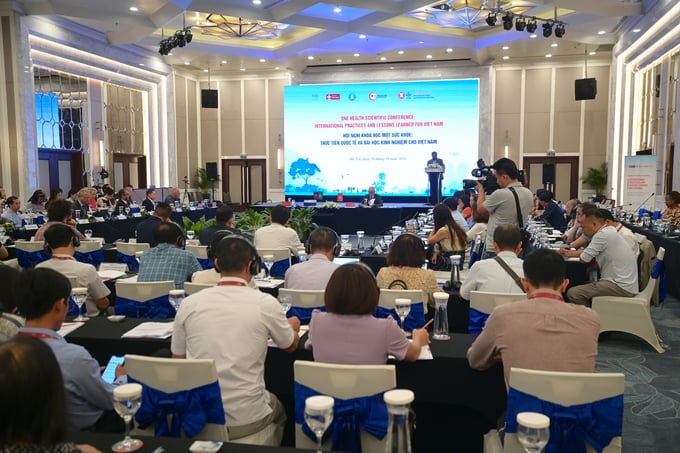
“International One Health Practices and Lessons Learned for Vietnam,” brought together global experts to share insights and strategies. Photo: Tung Dinh.
On October 16, the One Health Partnership for Zoonoses (OHP), led by Vietnam’s Ministry of Agriculture and Rural Development (MARD), in collaboration with ILRI, hosted the International One Health Scientific Conference (OHSC). The event, themed “International One Health Practices and Lessons Learned for Vietnam,” brought together global experts to share insights and strategies.
Co-chaired by Prof. Appolinaire Djikeng and To Viet Chau, Deputy Director of the International Cooperation Department at MARD, the conference welcomed hundreds of scientists, policymakers, and stakeholders dedicated to advancing the One Health agenda. In his opening remarks, Prof. Djikeng expressed his honor in hosting such a distinguished gathering. He noted, “Today, we come together not only to address challenges but also to seize opportunities to transform how we approach health at the human, animal, and environmental interface.”
Prof. Djikeng highlighted Vietnam’s progress and transformation in the livestock sector, which has laid the groundwork for impactful One Health solutions. “ILRI is proud to be part of this journey, collaborating on projects that address food safety, zoonoses, and antimicrobial resistance,” he said. Through past initiatives and the CGIAR’s One Health Initiative, ILRI has demonstrated the power of scientific cooperation in tackling these critical issues.
Looking ahead, Prof. Djikeng introduced ILRI’s new strategy, “Unlocking Sustainable Livestock’s Potential through Research for Better Lives and a Better Planet,” set to run from 2024 to 2030. He emphasized that ILRI’s renewed focus on animal and human health will enable more effective contributions to the global One Health agenda.
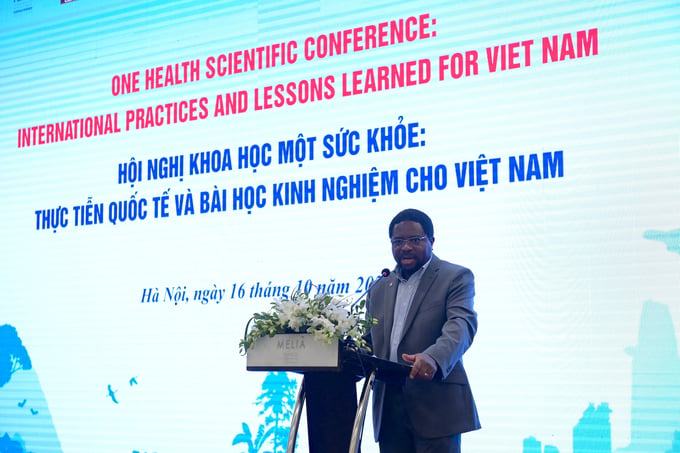
Prof. Djikeng introduced ILRI’s new strategy, “Unlocking Sustainable Livestock’s Potential through Research for Better Lives and a Better Planet,” set to run from 2024 to 2030. Photo: Tung Dinh.
One Health, as defined by the One Health High-Level Expert Panel, seeks to sustainably balance and optimize the health of people, animals, and ecosystems. The quadripartite agreement among FAO, WOAH, UNEP, and WHO underscores the need for coordinated efforts to scale One Health initiatives at regional and national levels.
“Our aim is to transform this vision into practical solutions,” Prof. Djikeng conveyed to the delegates, emphasizing Southeast Asia's challenges, including zoonotic diseases, food safety issues, and antimicrobial resistance. These challenges affect not only health but also broader societal and economic aspects.
Prof. Djikeng acknowledged the ASEAN One Health Network, supported by the ASEAN Secretariat, as a pivotal platform demonstrating regional commitment to addressing these issues through collaborative efforts. He urged delegates to consider how they might translate lessons learned into actionable solutions, affirming ILRI’s dedication to advancing One Health.
“Whether through research on food safety, zoonoses, or antimicrobial resistance, our ultimate goal is to leverage science to inform policies and bring them into practice,” he said.
With over 200 delegates in attendance, Prof. Djikeng expressed pride in co-hosting the event, aimed at overcoming challenges in community, animal, and environmental health, both in Vietnam and across the Global South.
As a CGIAR center, the world's largest agricultural research network, ILRI will strengthen collaboration with global development organizations, leverage 4.0 technologies, and harness the strengths of stakeholders, particularly MARD—ILRI’s strategic partner—and inter-ministerial government agencies from central to local levels, to mobilize resources for implementing the 2024–2030 Sustainable Livestock Development Strategy in Vietnam, aligning with the priorities of Vietnam’s livestock sector and the broader Sustainable Development Goals of the United Nations.
Since 1999, ILRI has been a key partner in Vietnam's livestock sector, implementing a number of important research projects ranging from food safety, animal health, to climate change and sustainable livestock production. In 2006, ILRI officially established its office in Vietnam, focusing on areas such as food safety, animal health, One Health, and improving livestock productivity.
According to World One Health Congress (WOHC) 2024, science is crucial to understanding the complex interplay between human, animal, plant and environmental health, and should continue to underpin the World One Health Congresses.
There is an opportunity, a duty and a need to bring learnings from the Congress back home in order to implement One Health in all countries.
Governance and collaborative structures are urgently needed at all levels of decision- making.
There is a need and a call for the engagement of private sector market players to join the dialogue to accelerate the operationalization of One Health.
A global policy context is needed to embed One Health principles into frameworks, and there are many upcoming opportunities at intergovernmenal level (Pandemic Treaty, COP29, G20 and others).
Translated by Linh Linh
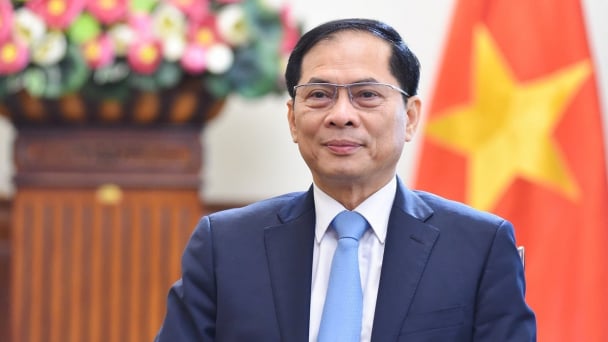
(VAN) According to Deputy Prime Minister Bui Thanh Son, through this P4G Summit, Vietnam aims to convey the message of transforming its growth model towards rapid and sustainable development.
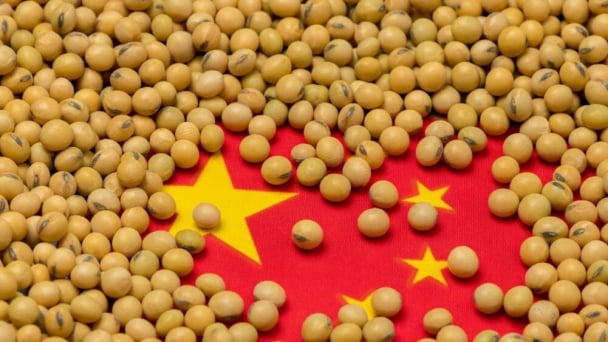
(VAN) Soybean production has been a priority for China to ensure food security, with increased soybean cultivation and yields highlighted in the annual No. 1 Central document.

(VAN) Vietnam Sea and Islands Week 2025 is expected to take place in Quang Binh, featuring a series of meaningful activities aimed at protecting the ocean through green technology solutions.
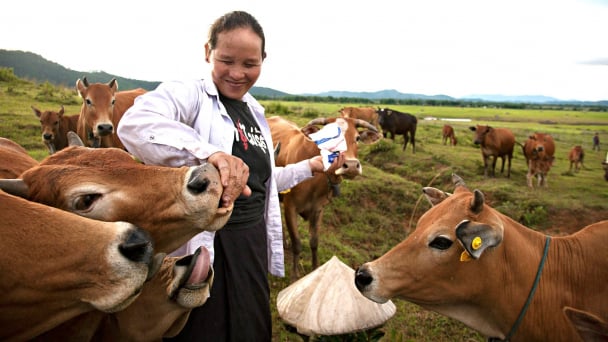
(VAN) The One Health approach is no longer merely an option, as increasingly complex challenges confront health and food systems.
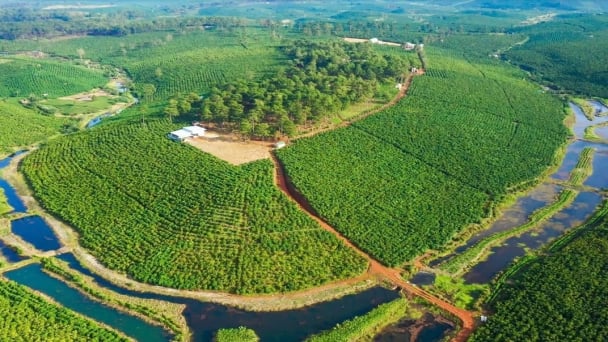
(VAN) The project promoting sustainable coffee production, with a focus on waste management and raising farmers’ awareness, has achieved many positive results after nearly two years of implementation.
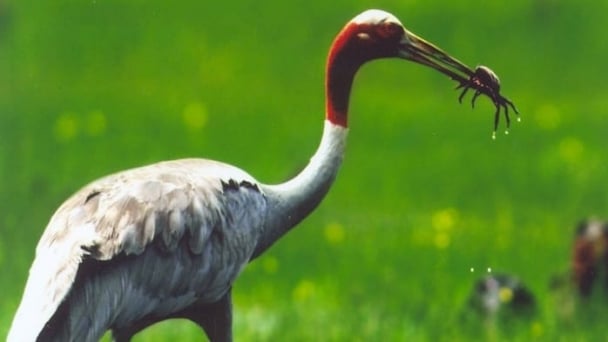
(VAN) Transferring and receiving 6 individuals of the red-crowned crane from Thailand to Vietnam marks a significant milestone in the conservation efforts for this species.
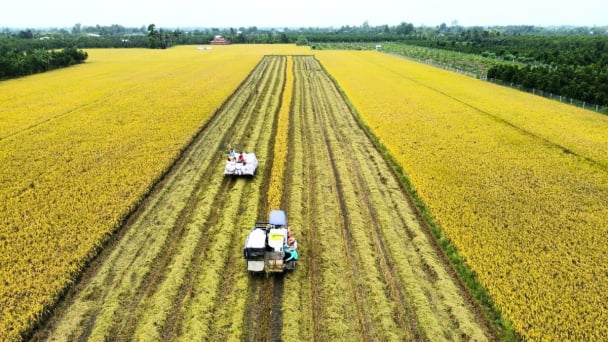
(VAN) After more than a year of implementation, the One Million Hectares of High-Quality, Low-Emission Rice project has completed the first steps, but it needs breakthrough solutions to deepen impacts in the upcoming phase.